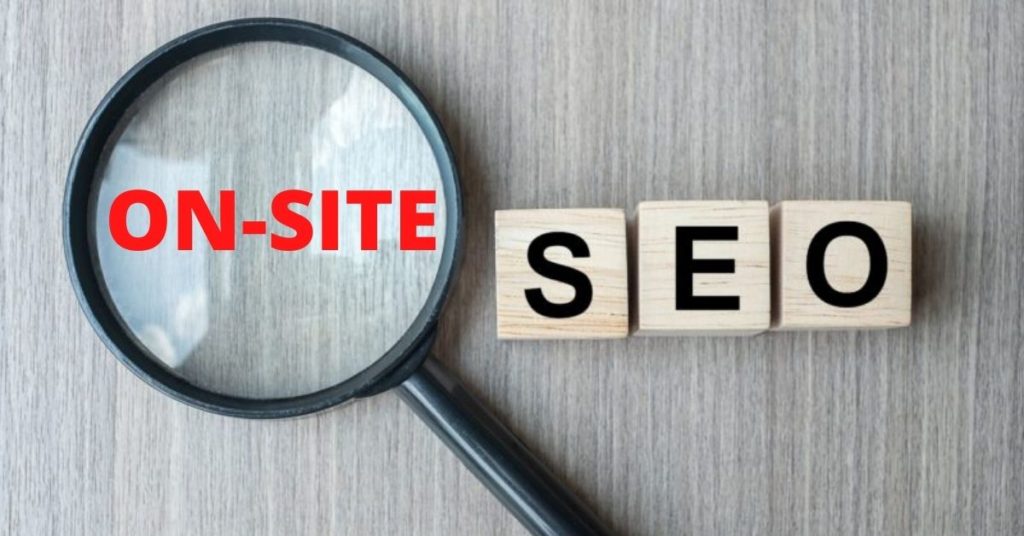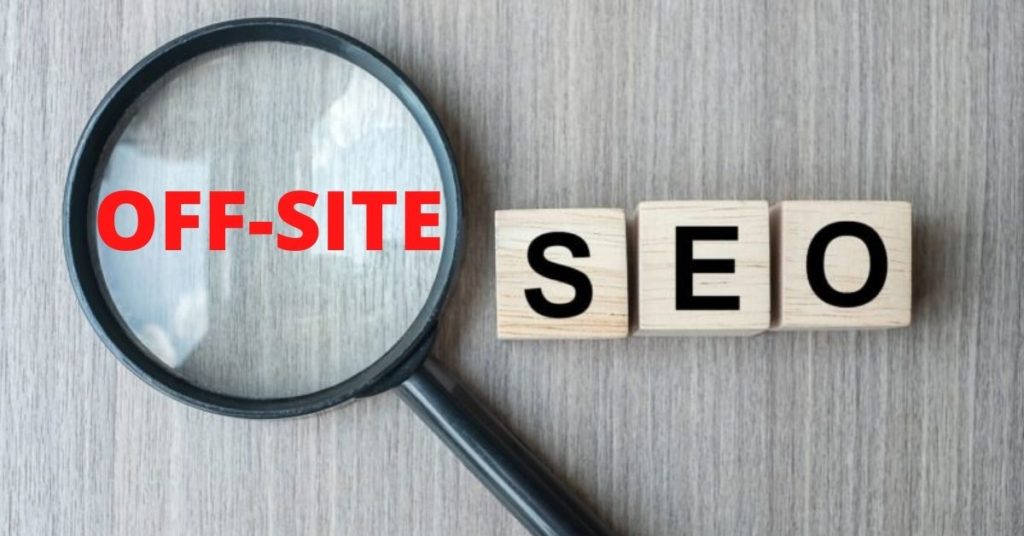Search engine optimization (SEO), is a process of increasing a website’s visibility in search engine results pages. A web crawler crawls through the web to look for pages that contain the words or phrases a person is typing into the search box. When a person searches for a particular term, the bots will look for pages that contain the same terms. This process is referred to as the “semantic indexing process,” and it occurs every time a user types in a query. Then, the bots will evaluate the content, rank it, and display it on the search engine results page.
Search engine optimization has multiple benefits for businesses. The strategy will not only help a website achieve the number one spot in a Search Engine Results Pages (SERP) but will also boost the brand’s visibility. This will increase the number of potential customers, and it will decrease the cost of acquiring customers. The results will be high-quality and will engage prospects at each stage of the marketing funnel. Without effective SEO, businesses may end up paying for traffic that isn’t converted into sales.
Search engine optimization will also help a business capture free traffic. By creating high-quality content that aligns with the user’s search, high-quality pages will show up at the top of the SERP, where they will receive free clicks. Paid traffic can also be valuable, but it won’t get the brand the exposure and revenue it deserves. It’s also important to remember that search engines are constantly changing and improving, and you can’t change the way they work.
When it comes to the business benefits of search engine optimization, there are countless benefits for every investment. It reduces risk, increases revenue, and raises shareholder value. The return on SEO investments is significant and can benefit a business in several ways. With increased brand awareness, website traffic, and brand recognition, SEO is a good investment. This is a good way to increase the quality of your content and generate more revenue. When used properly, SEO can also enhance the brand’s reputation.
SEO is crucial for any business. It allows companies to reach potential customers at every stage of the customer lifecycle, with high-quality content tailored to the needs of your target market. The result? A better overall ROI and a more loyal customer base. In addition to this, SEO is also crucial for growing eCommerce sales. If done correctly, it can also help a business capture the traffic generated from a TV ad campaign.
In terms of SEO, search engines are the most popular method for finding information. By optimizing a website’s content, it increases the chances of a user finding the right product or service. Google’s algorithm is based on the content and keywords of a site. This makes it a good fit for SEO. The process can be done at any stage of a website’s lifecycle. A business can increase sales, improve sales, and increase visibility.
The goal of SEO is to boost a website’s ranking in search engines. It is essential to understand what makes Google tick. The process is the basis for the next stage of SEO. If you have a website, it must be optimized for a particular industry. In the case of Google, SEO starts with keyword research. Using the right keywords can boost your site’s ranking and draw more traffic. Identifying what a user is searching for is crucial to the success of your website.
When optimizing a website for SEO, it is important to know what potential customers are looking for. Knowing what the average person is searching for will help you create content that will solve their problem. To increase your chances of ranking, you must consider keywords and their relevance. If you don’t know what a user is searching for, it is unlikely they will be able to find your site. Therefore, it’s imperative to optimize your website for these keywords.
In addition to keywords, SEO should also include structured data. This is because structured data allows search engines to better understand a website’s content. It’s also important to have a great user experience. When you are searching for something on the internet, it will be easier for someone to find your site through keywords. By incorporating these elements into your website, you can ensure the best user experience. If a user can’t find it, they won’t.
On-Site SEO:

On-Site SEO is the process of optimizing a website so that it will be more visible in search engines. It involves using keywords that are relevant to the content. The first step in onsite SEO is to conduct keyword research. By researching different keywords, you will determine which of these has the highest search volume and competition. You will then use these keywords throughout your content. These keywords should be used in the title, headline, meta tags, and description.
Another aspect of on-site SEO is the use of header tags. These tags are elements of HTML that identify the headings in a piece of content and create interest for readers. However, the header tag is still prime real estate for keyword-rich context. One of the most important aspects of on-site SEO is the optimization of content. This involves using your target keywords in various locations, such as the title, subtitle, and body copy.
The second step in on-site SEO is to improve the site speed. By increasing site speed, you can enhance the chances of being found by search engines. This is crucial for organic traffic. If you have an established website, you can hire a professional agency or an SEO team to help you achieve the best results. These agencies can help you determine which keywords are best for your site and can help you integrate them into your content. On-site SEO is crucial for the success of your business.
Off-Page SEO:

Off-Page SEO is a crucial element of your online marketing strategy. The most important component of off-page SEO is linking. You need to understand the different types of links and the factors that influence their value. Natural links come to your website organically, for example, from a blog post, a follower, or a search engine. However, there are many other ways to gain links. If you want to get a high-quality backlink, you can do a little bit of off-page SEO.
Social bookmarking is a great way to build your brand and website. There are thousands of sites to choose from, and most of them are segmented by niche. By joining these sites, you can target your audience by offering valuable content and helping other people. Remember, you can do this for free, but make sure you do your research and do not spam the communities. If you don’t provide real value, you’ll only get spammed.
Off-Page SEO is vital for a successful online marketing strategy. Despite being a critical component of search engine optimization, it is still not enough to rank high in the search results. The goal of off-page SEO is to build trust and reputation outside your website. This process includes acquiring links from other quality websites, which can help your website rank higher. By utilizing off-page SEO, you can earn a higher PageRank and attract more traffic.
For Expert SEO Services Visit DigiClimber Marketing Agency



























